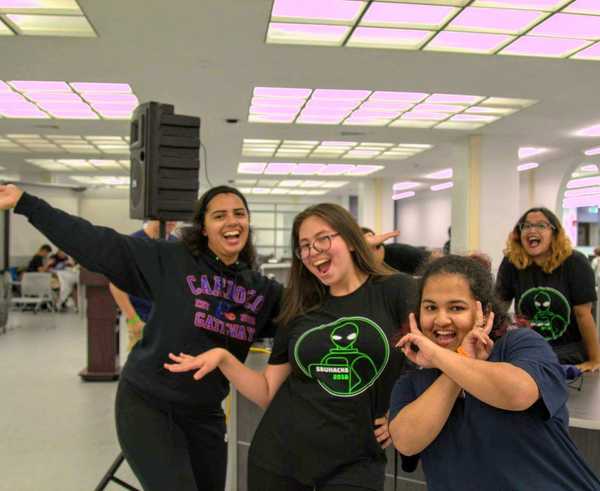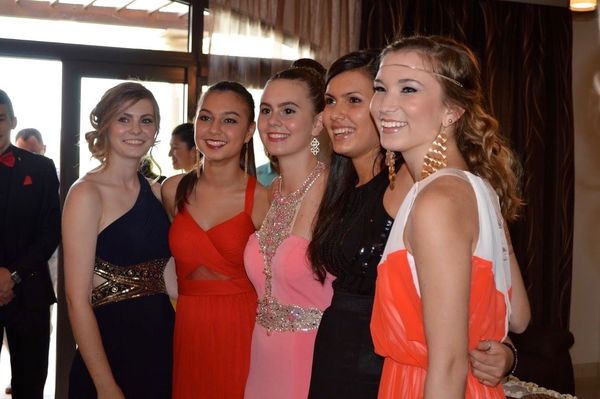At its root, the N-word comes from a Latin word that translates to black. However, this word has a transfigured into a cultural relic, reminding us of the systematic oppression and suffering that black people have encountered and challenged in the United States across history, from chattel slavery, Jim Crow segregation, the rise of the KKK, voting poll taxes and literacy tests, lynching, redlining, to contemporary police brutality and the prison industrial complex.
In 1619, when Africans were brought to the shores of Jamestown, Virginia and enslaved, white slave masters used the word in a derogatory way against black slaves in cotton plantations, promoting a racist ideology that black people were inferior and inhumane in comparison to the white man. This two-syllable phrase remains a tangible symbol of how racism and white supremacy has evolved in this country. There is even historical indication that British Red Coats in 1775 during the Revolutionary War used to N-word to taunt American Revolutionaries, claiming "you're so weak that you have to use n***** to bolster your army," according to Jabari Asim, notable author of "The N Word: Who Can Say It, Who Shouldn't, and Why."
During the early twentieth century, black people were still being unfairly dehumanized — they were frequently lynched and faced harsh segregation. In the 1915 silent film, "The Birth Of A Nation," the white knights of the Ku Klux Klan, a white supremacist terrorist organization, were portrayed as heroes and protectors in society while black people were portrayed as animalistic, lowly, villainous, and criminal throughout the film; the film incorporated repeated derogatory use of the phrase. A private screening of the film was remarkably even presented at the White House during the Woodrow Wilson administration. This derogatory phrase essentially became a tool to bring down the black community while maintaining white supremacy.
By 1920, the N-word flooded pop culture and media. Popular songs of the time, notable movies like "Gone With The Wind," even fruit and vegetable labels, board games, and card games all incorporated demeaning, offensive exploitation of the phrase to bring down the black community.
Desegregation of schools in 1954, the lynching of black 14-year-old Emmett Till, and the Birmingham Church bombing, all set the course and sparked the Civil Rights movement from 1954-1968. Soon, black R&B and soul artists like James Brown in "Say it Loud – I'm Black & Proud," Aretha Franklin, Sam Cooke, The Temptations, The Supremes, Etta James, Ottis Redding, and Tina Turner became catalysts of black power, social justice, and equal representation. Movies like "Superfly" and Spike Lee's "Do the Right Thing" and black comedians like Richard Pryor centered and brought light to the common struggle of the black experience using the N-word. By 1988, black hip hop and rap groups like NWA – N***** with Attitude – became a method for the black community to reclaim use of the N-word and condemn white supremacy using music. Reclaiming the use of the N-word from white people transfigured into a form of black solidarity.
Today, the black community still use the N-word as a tool — especially across hip hop music — to reclaim it from the systematic oppression that they still face every day. Because of the cultural sensitivity and history behind this word, when a person who is not African American ignorantly says the word during a hip hop song and claims "it's just in the song," or "I didn't use a hard r," or "why are black people allowed to say it and I can't" — this is a tactic to whitewash the racist history behind the derogatory term and maintain white supremacy. To put it plainly, if you're not directly experiencing the historical and racial struggles of being black in America, saying the N-word is ignorant, disrespectful, and simply racist.



















